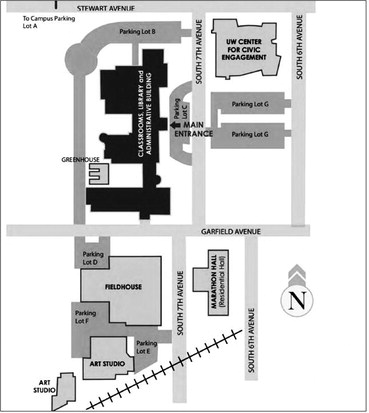Fluoride survey going in water bills
Abby residents asked for input on fluoridation
City of Abbotsford residents will be asked to weigh in on whether the city should stop fluoridating its water supply as part of a three-question survey to be sent out with the next round of utility...


